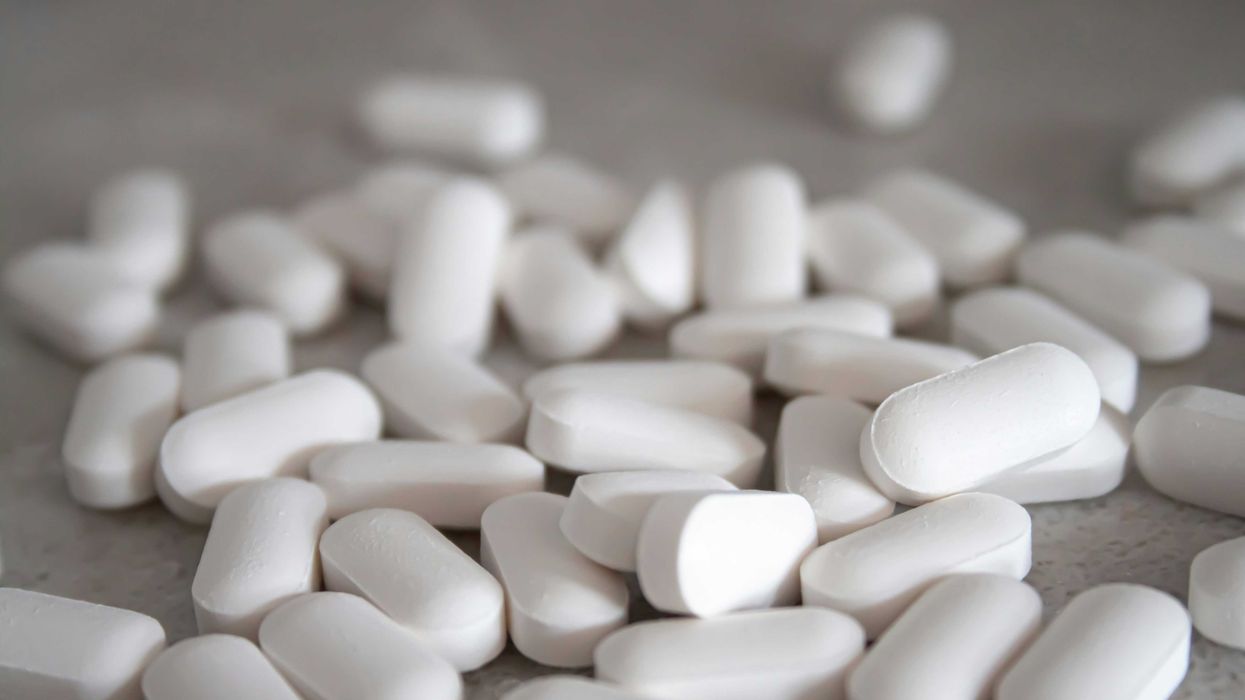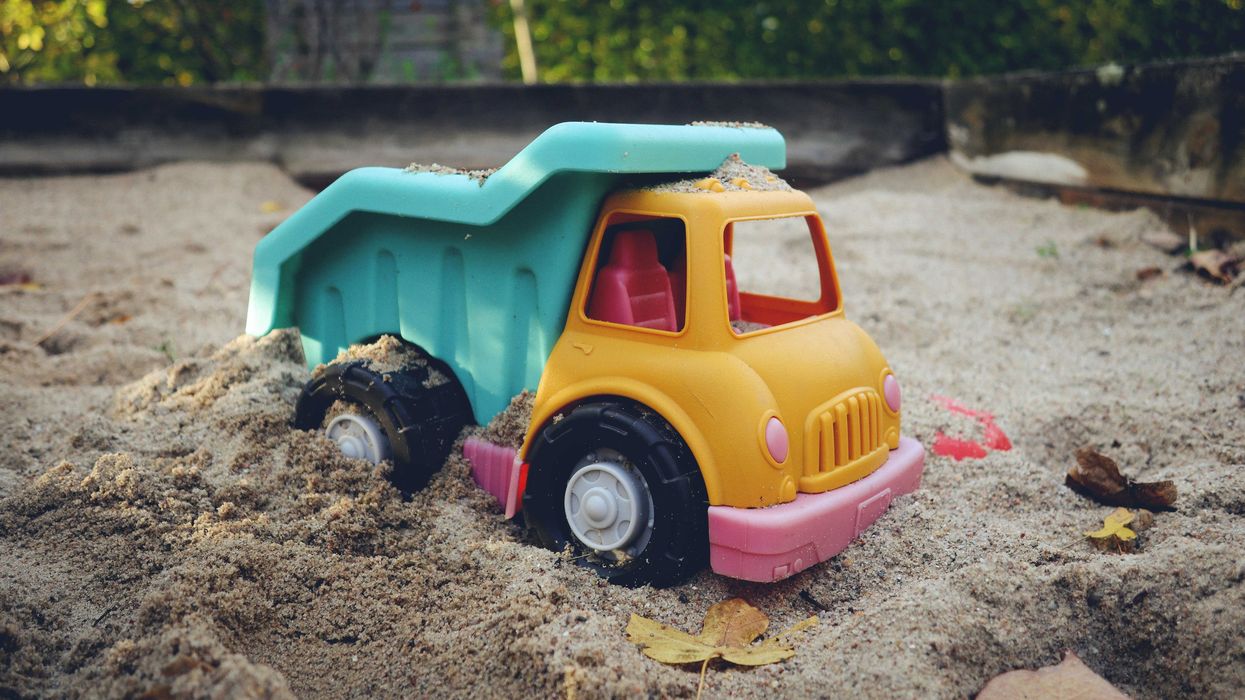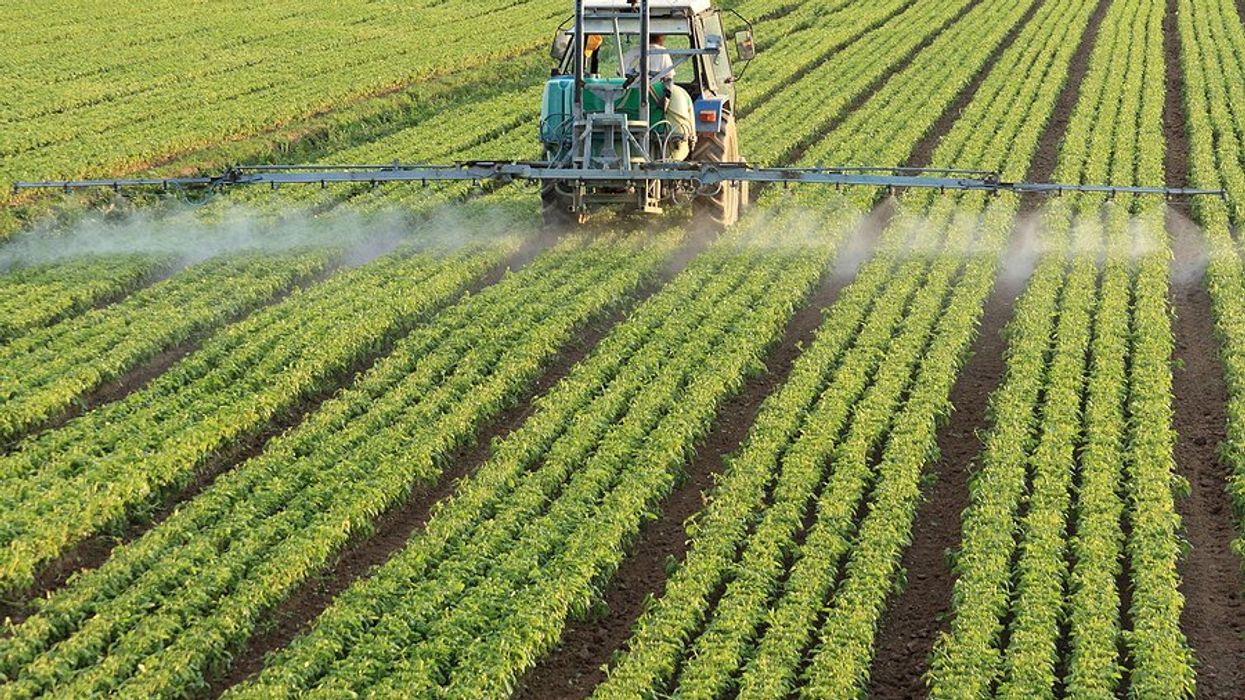Tiny plastic particles may help harmful bacteria resist antibiotics, a new study finds, raising concerns about how plastic pollution could contribute to global health threats.
Shannon Kelleher reports for The New Lede.
In short:
- Researchers found that E. coli bacteria formed stronger biofilms — protective layers of microbes — on microplastic surfaces than on glass, making them more resistant to antibiotics.
- The study suggests microplastics may contribute to rising antibiotic resistance, a global issue responsible for nearly 5 million deaths annually.
- Scientists plan to investigate whether this resistance occurs outside the lab, particularly in refugee camps where plastic waste and bacterial infections are widespread.
Key quote:
“There is certainly a concern that this could present a higher risk in communities that are disadvantaged, and only underscores the need for more vigilance and a deeper insight into [microplastic and bacterial] interactions.”
— Muhammad Zaman, professor at Boston University and study co-author
Why this matters:
Microplastics — tiny fragments of plastic found in oceans, soil, drinking water, and even the air we breathe — are more than just environmental contaminants. Scientists warn that these particles may also be fueling the rise of drug-resistant bacteria, one of the most urgent health threats of our time.
Antibiotic resistance is a growing public health crisis, causing millions of infections and tens of thousands of deaths each year. Wastewater treatment plants, where plastic and antibiotics often mix, may be hotspots for breeding resistant bacteria; with plastic pollution rising globally, the risk of harder-to-treat infections may also grow.
Read more: Microplastics in wastewater may threaten public health by spreading bacteria














